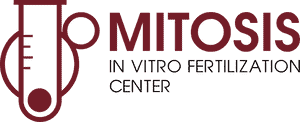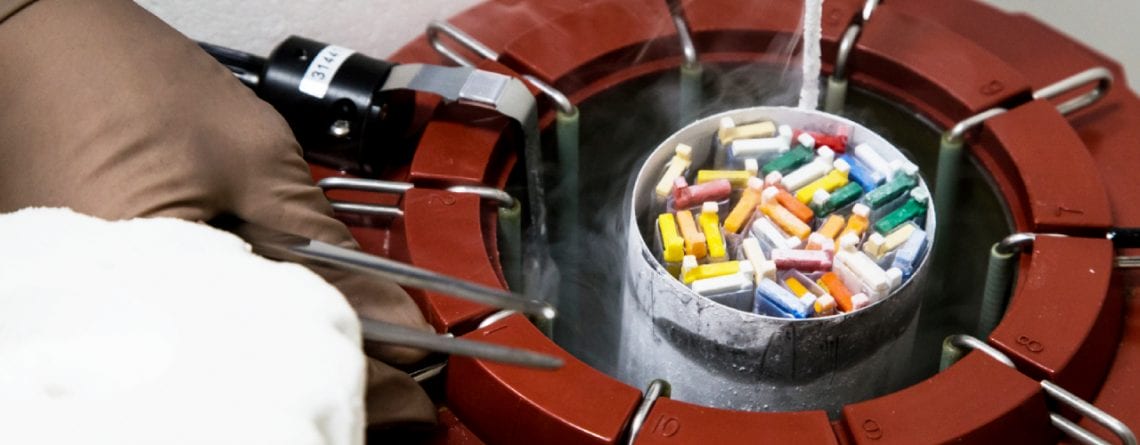A retrospective study was presented by Lopez et.al of Clinica CIRH, Barcelona during the ESHRE meeting held in Helsinki, Finland from the 3rd to the 6th of July 2016.
The object of the study was to evaluate whether cryopreservation of all embryos and embryo transfer in a later cycle increases success rates in women over the age of 39
To this day, cryopreservation of all embryos has been performed in women at risk for ovarian hyperstimulation syndrome or women with unfavorable endometrium.
Women of an advanced reproductive age often have a diminished ovarian reserve and poor egg quality. In these women, the transfer of best embryos is usually performed during a normal cycle, which results in lack of synchronization between embryos and the endometrium. The Barcelona team gathered the outcomes of embryo transfers performed from January 2013 to December 2014 and formed two groups: one of women over 39 and one of women under the age of 39.
The study population only included women submitted to first embryo transfer cycles with either fresh or cryopreserved embryos. 1,697 embryos were transferred to 1,469 women. 69% of these embryos were fresh and 30.5% were cryopreserved.
Induction was achieved with agonists and antagonists
Ovulation was triggered with GnRH agonists (292) or hCG (1405).
Success rates were significantly higher in women with cryopreserved embryos regardless of their age. Namely, in the <39 year-old group, success rates for cryopreserved vs. fresh embryos were 44.5% and 38.2% respectively while in the >39 year-old group, the success rates were 34.9% and 22.7%, respectively.
Conclusion
Cryopreservation of all embryos in women over the age of 39 and embryo transfer in a later cycle is a safe and effective method that increases success rates.








